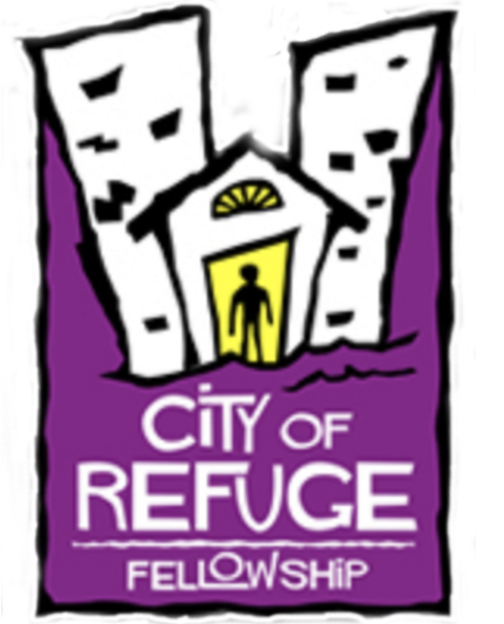Acts 13:20-22
Today I’m supposed to be talking about voting, and I’m going to, but probably not in the way that you are expecting because it is certainly not in the way I had originally planned. One of the things about election season is that you learn a lot, at least I do. You learn about candidates, about parties, about platforms, about past failures and successes, about the art of bending or stretching the truth and about pointing fingers. You learn a lot about the process, about friend’s opinions and the power of a Facebook status. Then there are the arguments. I don’t mean the loud and berating ones but rather the debates of ideology. I have heard persuasive arguments in favor and in opposition of each of the two main candidates, in favor of voting for a third party candidate to begin the process of changing the system by including more voices, even in favor of not voting at all. As I have tried to prepare to talk to you about voting for the last several weeks I have studied a lot, prayed even more and in many ways come to fewer conclusions than ever before. You see, voting is a strange thing. There are no votes recorded in the Bible unless you count the tragic gathering after the spies came back from the Promised Land in which the 10 faithless spies overruled Joshua and Caleb and convinced the rest of Israel to go back to Egypt instead of going in to take the Land God had promised them. In fact, in Scripture, at times in which we would call for a vote, we see that they instead would “cast lots”. This was a process that you and I would consider to be completely ludicrous. The process is actually fairly unknown but seems to have been almost like flipping a coin. In Acts 1:26, when the apostle was chosen to replace Judas Iscariot, the Bible says “And they cast their lots, and the lot fell on Matthias.” One commentary says that it was likely that the names of Matthias and Barsabas were written on stones, put in a jar that was shaken until one of the names fell out. Other commentators say that it could have been the use of sticks of different lengths, like drawing straws or some other method that would look to us like a game of chance. The reality is that God instituted the casting of lots not for the purpose of chance but to reveal His sovereignty. Those taking part in this process truly believed that God was leading and that His sovereignty would rule. This was how much of the land was divided among tribes and clans under Joshua’s rule, how different offices and functions in the Temple were determined, it is even how the sailors on Jonah’s ship figured out that he was to blame for the storm they had encountered. The people didn’t vote they cast lots which was their way of trusting God to reveal His purpose for the outcome. Now I am not suggesting that we should cast lots today, we have been filled with the Holy Spirit, given the written Word of God and the gifts of prayer and intercession to lead us into the will of God. The sovereignty of lots has been replaced by the intimacy of the indwelling of the Holy Spirit. Being led by the Spirit is more difficult in that we must yield to Him constantly but it is also far more rewarding in that we get to live in constant relationship to and with God. I share all of this to say that there is no Biblical mandate for voting and so we have to go much deeper than finding a verse that says vote red, vote blue or don’t vote at all. I believe that voting is an important part of living in submission to the authorizes of the land so I will not be telling you to ignore it but what I hope to share with you is that we must go beyond the process, beyond the issues and reach out for the heart of God. While we don’t have examples of voting in the Bible we do have examples of government being established by God, we are going to look at one of those examples today and I pray that what we will see is that God is very specific in His purpose and His desire and we have a calling and an opportunity to be an active part of His fulfillment of that purpose and desire if we will reach beyond ourselves and our culture and our situation and long for the heart of God.

